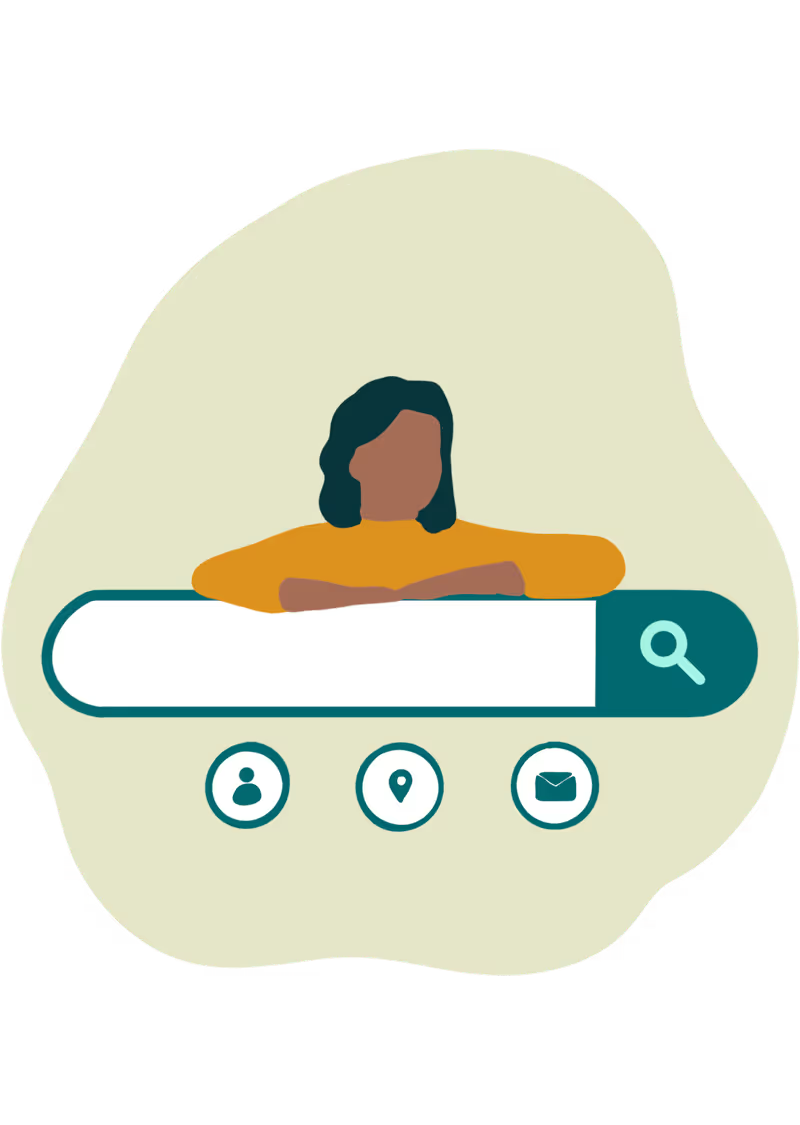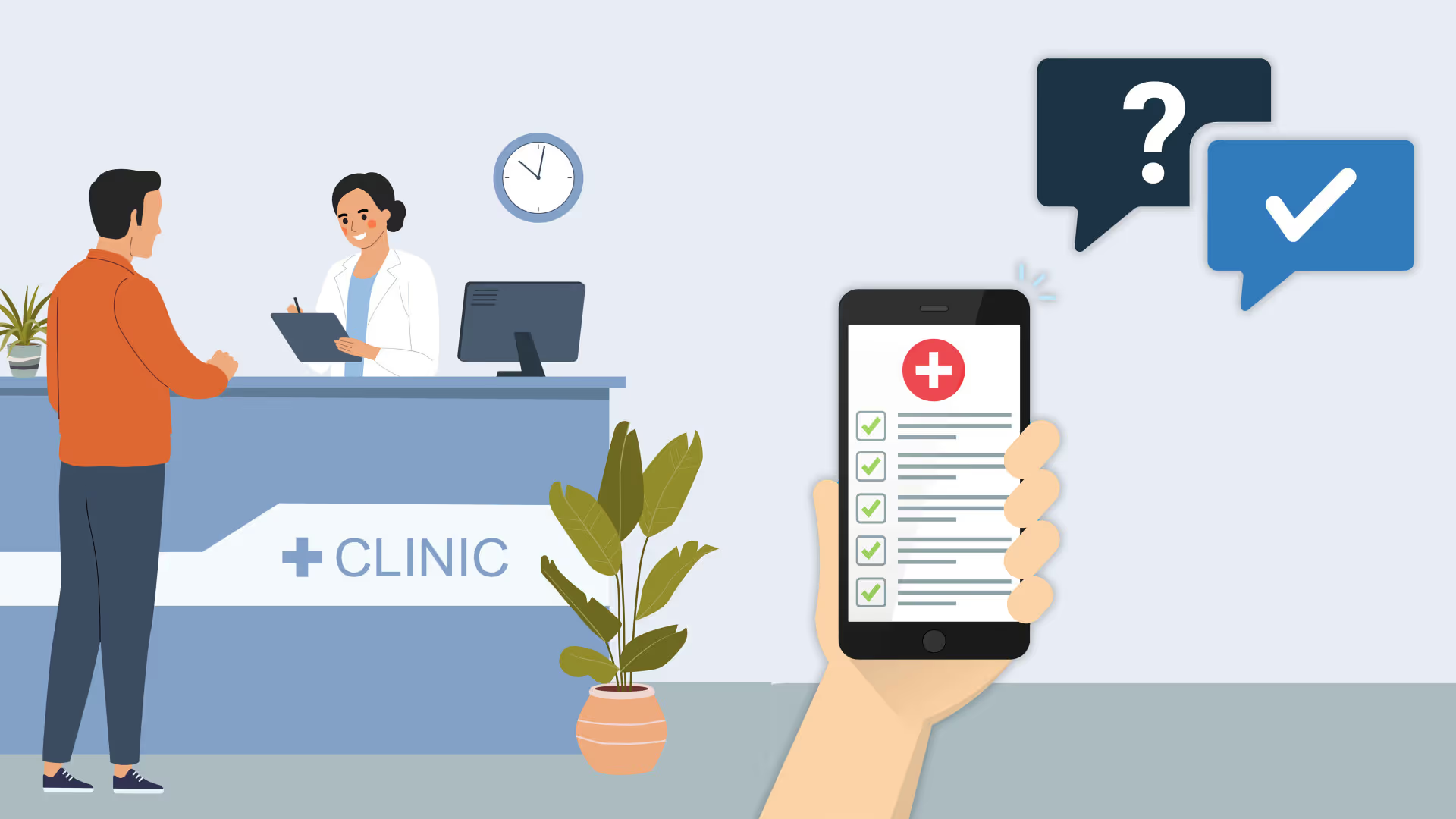Self-advocacy
Our service is here to empower you to speak up when you have questions or concerns.
We want you to feel ready and able to work through challenging situations when they arise.
We have developed information and tools to help you get started.
Please contact us for guidance and support.
What is speaking up?
It can be as simple as asking questions at your appointment or giving feedback about what happened.
Self-advocacy is speaking up about your care.
You might not realise it, but everybody has their own resources to solve a problem by self-advocating or speaking up.
An internal resource is something you are good at, for example:
You might also have external resources that can support you:
Trusted colleague
Someone you know well.
Support worker
Social worker
Therapist.
We understand that sometimes speaking up can seem overwhelming, but we know that with a little help you can get things back on track.
Our service is here to help. We can talk you through your options or you can use the tools below.
Give it a go or give us a call!
Self-advocacy - How to get started:
- Be clear about what your concerns are.
- Talk through the issues with whanau, a friend or someone you trust.
- Think about how you have resolved or sorted out your concerns in the past.
- Make a list and think about what will solve things for you. What information do you need and what needs to happen to make things better?
You have different options to get the information you need and explain how you feel. Which one will work best for you?





We have tools to help you speak up
Would you like to write a letter to your care provider?
You can cover:
- Your personal details and contact information.
- What happened, where, when and who was involved.
- Tell your story but be brief and stick to the facts.
- The questions you want to ask.
- What you would like to have happen.
You could ask an advocate or someone you trust to look it over if you need a hand.
Here is information and a template to help you get started.
Tip for appointments
If you have an appointment coming up you may like to:
- Have a list of points you want to cover to help you speak up.
- Have key questions to ask to make sure you get the information you need.
- Take a support person with you and explain to them how they can help or what you would like to find out.
Would you like to ask questions about your medical condition?
- How did they decide what was wrong?
- How long will the condition last?
- What tests could be done?
- What care options are there?
- How much would that cost?
- How long would I need to wait?
- If a treatment is started how long will it take to work?
- If it doesn't work how will we know?
How can meetings help?
A face-to-face conversation or meeting/kanohi ki te kanohi can give you the opportunity to have your concerns heard and are a good way to restore relationships. You can take a support person with you.
In a meeting you can:
- Talk about what isn't going well.
- Listen to explanations and ask questions you have.
- Talk about what could put matters right.
- Agree on next steps and “Where to from here?”
Don't know where to start or need some help?
Connect with our team using our online form or phone us 0800 555 050.











